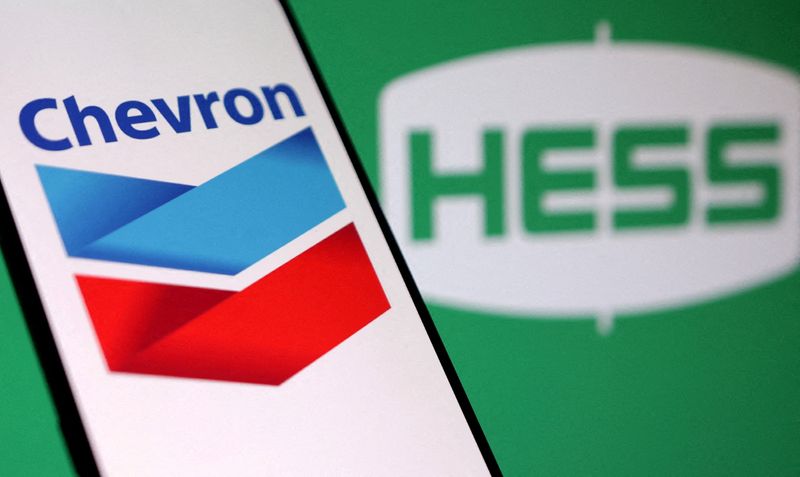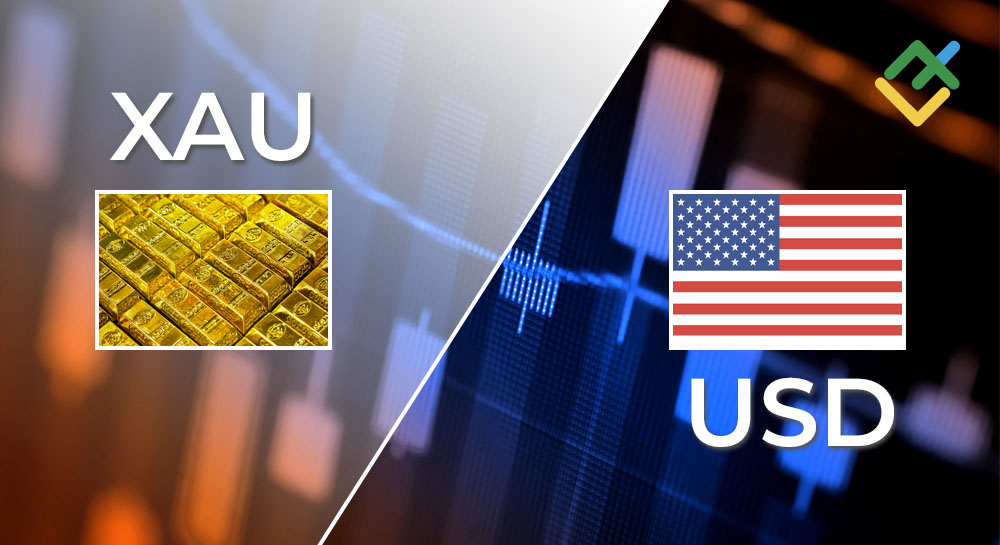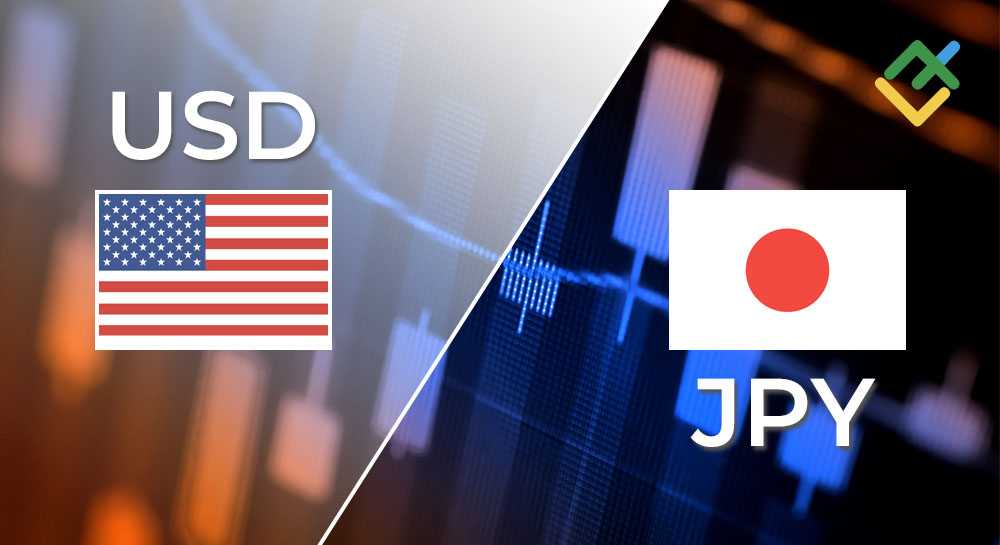
By Sabrina Valle
HOUSTON (Reuters) – Exxon Mobil (NYSE:XOM)’s legal bid to stop Chevron (NYSE:CVX)’s proposed $53 billion acquisition of Hess (NYSE:HES) rests on whether the transaction would involve a change of control of Hess’ prize subsidiary in Guyana, according to people knowledgeable about the argument.
The two top U.S. oil producers are in an arbitration battle over the world’s largest oil discovery in almost two decades, in offshore Guyana. Exxon, which operates all output in the South American country with a 45% stake in a lucrative consortium, has challenged the merger in which Chevron would gain control of Hess and its 30% stake, a deal that would define Chevron’s future.
Exxon asserts that Hess should have first given it the opportunity to purchase its stake in the Guyana asset.
Exxon’s position is that the right of first refusal is triggered by a change of control in Guyana and that Chevron structured the deal in a way to bypass it, people familiar with the arguments, which are confidential, said.
Chevron and Hess say the acquisition is structured in a way that would keep Hess intact, with no change of control of its asset in Guyana, since Hess would become a unit within Chevron.
Chevron and Hess believe the argument has no merit because Hess would survive under a new Chevron and continue to own the asset, people close to their thinking said.
“The crux here is whether a change of control even occurred,” agreed oil and M&A expert James English at law firm Clark Hill Law.
The three-person arbitration panel which will make the call must decide in part whether to focus on the language in the contract or to delve into Chevron’s intent.
“A plain language approach would be very favorable to Chevron, while if you go with the intent, Exxon may have a case,” English said.
A discussion around intent also would unfold the dispute into new stages that could require discovery, interrogations and hiring independent valuation experts, pushing a resolution into next year, as Exxon has warned.
Chevron believes the discussion on how to interpret the words in the contract will be “very straightforward,” a person aware of the company’s legal strategy said. Chevron and Hess said they are seeking a hearing in the third quarter, hoping for an outcome in the fourth and to close the deal shortly thereafter.
The case is unique as Guyana represents between 60-80% of the $53 billion Chevron offered for Hess, English and other experts have estimated.
An Exxon arbitration win would not be the end of the dispute. While Exxon has ruled out buying Hess outright, it has left the door open to bid for its 30% stake in Guyana, to bid for just a piece of it, to get a compensation from Chevron, or to just leave things as they are.
Its final strategy will depend on what is so far a closely guarded secret by Chevron and Hess: how much their merger values Hess’ Guyana stake.
OIL RICHES
Guyana will produce 1.9 million barrels of oil equivalent per day (boepd) in the next decade, more than twice the output of OPEC-member Venezuela and nearly as much as the Gulf of Mexico, Rystad Energy consultancy firm projects.
Chevron originally hoped to close the Hess acquisition by the first half of this year, but was taken by surprise in March when Exxon sought arbitration over the right of first refusal.
“Job number one is to get past the first hurdle, which is an alignment that a preemption rights exist in the contract,” Exxon CEO Darren Woods told Reuters in March.
The arbitration panel will analyze a confidential joint operation agreement (JOA) between Exxon, Hess and a third partner, CNOOC (NYSE:CEO), that rules the Guyana operations, known as the Stabroek oil block.
Exxon wrote the JOA in 2008 with a previous partner, before any oil discoveries, based on a 2002 model contract by the Association of International Energy Negotiators (AIEN), two of the people said.
The model says, for instance, that any “direct or indirect” change in control would constitute a change in control but is not entirely clear on what indirect means.
The model language, however, has been adjusted. Exxon, Chevron and Hess declined to disclose the final language of the contract.
The model was updated in 2023 to make it explicit that there is change of control if the ultimate parent company changes.
“We wrote the JOA, so we have a pretty clear line of sightness (sic) to the intent and the circumstances that apply,” Woods said in April after reporting first quarter earnings. “That is the point of the arbitration.”

The person aware of Chevron’s strategy said that there is no real precedent for Exxon’s change of control arguments in decades of industry mergers and acquisitions governed by similar JOAs.
“We disagree with Exxon Mobil’s interpretation of the agreement and are confident that our position will prevail in arbitration,” Hess said.
This post is originally published on INVESTING.





